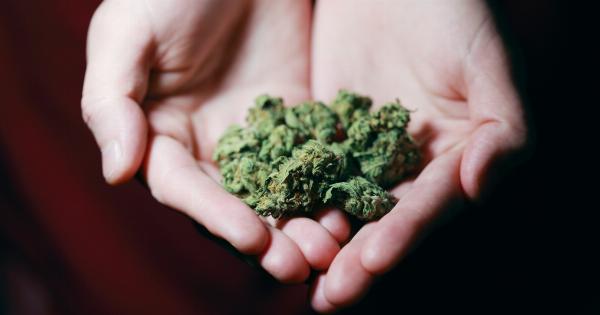Medical cannabis, also known as medical marijuana, is a term used to describe the use of cannabis and its chemical compounds, such as THC and CBD, for treating medical conditions.
While numerous studies have shown that medical cannabis has potential benefits for certain medical conditions, there is insufficient evidence to support its use in treating mental disorders. This article explores the current state of research into the use of medical cannabis in treating mental disorders and discusses the potential benefits and risks of using medical cannabis for these conditions.
Understanding Mental Disorders
Mental disorders are a range of conditions that affect a person’s mood, thinking, and behavior.
These disorders can range from mild to severe forms and include depression, anxiety, bipolar disorder, schizophrenia, and post-traumatic stress disorder (PTSD). These disorders have a profound impact on the quality of life of those affected, and their treatment typically involves a combination of medication, psychotherapy, and lifestyle changes.
The Current State of Research on Medical Cannabis and Mental Disorders
While medical cannabis has been shown to provide relief for certain medical conditions, such as chronic pain and nausea, the evidence supporting its use for mental disorders is limited.
Research into the use of medical cannabis for mental disorders is in its early stages, and most of the studies have been small and have yielded mixed results.
The National Institute of Mental Health (NIMH) has stated that there is insufficient evidence to support the use of medical cannabis for treating mental disorders.
Similarly, the World Health Organization (WHO) has stated that while some components of cannabis may have therapeutic potential, there is currently not enough evidence to support the use of medical cannabis for mental disorders.
The Potential Benefits of Medical Cannabis for Mental Disorders
Despite the lack of conclusive evidence, some researchers believe that medical cannabis may have potential benefits for treating certain mental disorders.
For example, some studies have suggested that medical cannabis may be beneficial in treating PTSD by reducing anxiety and improving sleep quality. In addition, medical cannabis may also have potential benefits for people with anxiety, depression, and bipolar disorder.
The Risks of Using Medical Cannabis for Mental Disorders
In addition to the limited evidence supporting its use, there are also risks associated with using medical cannabis for mental disorders.
One of the main concerns is the potential for cannabis to worsen symptoms of mental disorders, particularly psychosis. Some studies have suggested that cannabis use may increase the risk of developing psychotic disorders, such as schizophrenia, in people who are vulnerable to these conditions.
Other risks associated with cannabis use include impaired cognitive function, addiction, and the potential for drug interactions with other medications.
The Role of Medical Professionals in Recommending Medical Cannabis for Mental Disorders
Given the limited evidence and potential risks associated with using medical cannabis for mental disorders, it is important that medical professionals exercise caution when recommending medical cannabis to their patients.
Medical professionals should carefully consider the risks and benefits of medical cannabis for their patients on a case-by-case basis and make recommendations based on the patient’s specific medical history and current condition. Both medical professionals and patients should also monitor the effects of medical cannabis carefully and be aware of any potential adverse effects.
Conclusion
While medical cannabis has potential benefits for treating certain medical conditions, the evidence supporting its use for mental disorders is limited.
Medical professionals should exercise caution when recommending medical cannabis for their patients with mental disorders, and patients should carefully consider the potential risks and benefits of using medical cannabis for their conditions. As research into the use of medical cannabis for mental disorders continues, it is essential that medical professionals and patients stay informed of the latest findings and exercise caution when considering its use.



























